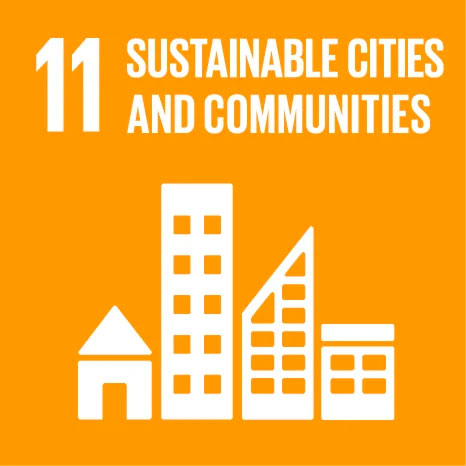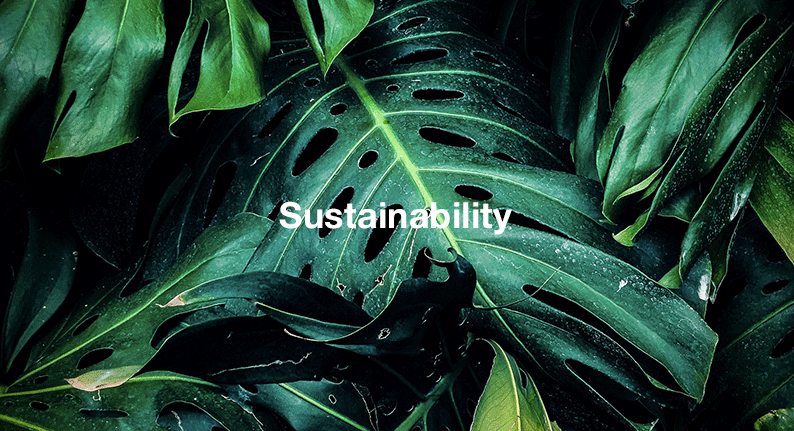Sustainable Development Goals 11: Sustainable Cities and Communities
25 Apr, 2020 12:49 AM / by Quek Leng Chuang

How We Relate to Sustainable Development Goals 11: Sustainable Cities and Communities
The population of people living in cities continues to grow. This creates special challenges as a large number of people are living on spare space. Good infrastructure for transportation, waste recycling and an eye on environmental quality is needed in order to provide decent living conditions for everyone.
The various targets of SDG 13 address these conditions. Following the subtargets, we will reveal how Environmental Solutions (Asia) contributes to make our city more sustainable.
Aspects of this goal
The first target strives to create affordable and decent housing for all people in the city so slums will be a thing of the past. Also, safe, accessible and sustainable means of transportation should be provided. Specifically, the goal emphasizes the need for more public transportation. These goals are quite clear cut, as decent living conditions are important to ensure the well-being of citizens and to enhance their quality of life and their future perspective. Also, good transportation systems make it easier for people to commute around the city without contributing to air pollution and climate change.
Sub-target 11.6, the reduction of adverse environmental impacts of cities, is one of the most important goals in this context. Special attention should be paid to air quality and waste management, which is where we jump in! Sound waste management in cities is especially crucial due to several issues: First, it supports the health and well-being of citizens. If waste is not disposed properly, it leads to faster disease outbreak, moreover creating air and smell pollution. Secondly, waste management is also crucial to recover resources and to create new workplaces in cities. The recycling industry creates more workplaces than incineration or discarding waste and also has positive ecological side effects, conserving a diverse range of resources and diverting waste away from the landfill.
Local recycling also shortens transportation routes, making sustainably recycled materials accessible to local manufacturing industries and opening up new business opportunities.
When we do not incinerate waste but recycle it instead this also supports the improvement of air quality. Even if incinerators filter the gases they release and properly dispose the incineration ash on landfills, they still emit carbon dioxide, accelerating climate change. Therefore, we see the provision of reliable environmental services and recycling as a crucial part in order to create more sustainable cities and communities.
What we do to make this goal reality
With the recycling of base and precious metals, we support the creation of a circular economic system for these materials. In order to find a quick solution to deal with plastic packaging waste, we then launched a new plastic-to-fuel pyrolysis project. This project is limited to Singapore as a city area. In order to create diesel fuel, we source plastic packaging waste of any kind from businesses in town. This way, we can lower the air pollution caused by waste incineration, the rate at which the landfill fills up and provide the cities diesel users with fuel that is cleaner in comparison to fuel which is sourced from fossil sources. Find out more about it here.

These projects show how important it is to establish a circular economic system for sustainable cities. Your company can help us with that. Get in touch with us today to feed your waste back into the economy and to fuel sustainable cities in an economically viable way!
Topics: Carbon Neutrality, Carbon Offset, Corporate Social Responsbility, Environmental Offset, Reimagining Sustainability, Sustainability in Singapore
Written by Quek Leng Chuang
LengChuang is a chemical engineer and an expert in carbonomics. He is the founder and owner of Environmental Solutions (Asia) Pte Ltd.
